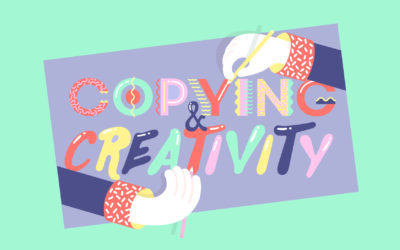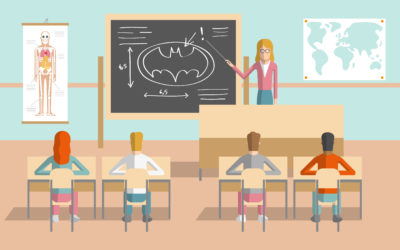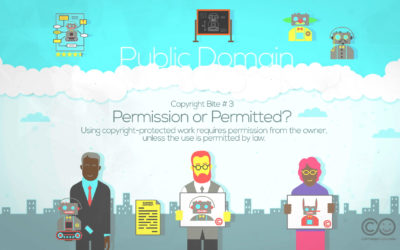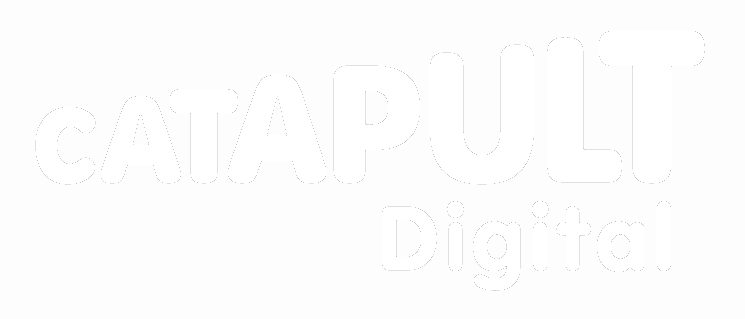1. Can teachers use copyrighted materials in their lectures?
As part of the learning process teachers often use copyright materials to instruct students, and the law provides a number of copyright exceptions for education. This means that in some cases and under certain conditions teachers and students can use protected content without permission of the copyright owner. In the UK, copyright exceptions allow the use of any type of work for the purpose of teaching (or as the law puts it: ‘for the sole purpose of illustration for instruction’) as well as performing, playing or showing literary, dramatic or musical works in the course of activities of an educational establishment.
So for example in a creative writing course, in order to demonstrate the style of a horror novel, teachers would be allowed to use extracts from an author’s books during their lectures without infringing copyright. Similarly, they can organise students’ performances of protected dramatic works within the school, but if the audience include people who are not directly connected with the establishment, such as parents of the students, permission would be needed.
These activities are permitted under certain conditions, such as for non-commercial purposes. Also, the law makes clear that certain exceptions for education can only be relied upon in the absence of a relevant educational licensing scheme. You can find more information about copyright in education here.
2. When is it okay for teachers to share copyright materials?
Teachers can share copyright materials if a licence authorises them to do so or if they benefit from a copyright exception. The acts permitted under certain exceptions – such as recording of broadcasts for use in an educational establishment (Section 35 CDPA) or copying and use of extracts of works by educational establishments (Section 36 CDPA) – are also allowed over secure distance learning networks controlled by those educational establishments. You can find the UK government guidance on exceptions for education and teaching here.
If, as a lecturer, you wanted to share your lecture on a social network such as YouTube, you would need to remove any copyright material or seek permission from the copyright holders as this would not fall within the exception. In addition, it is also important to be aware that material produced as a teacher in the course of employment may be owned by your employer, even though in practice this is often not the case. Within any educational institution there is usually someone tasked with responsibility for copyright issues. A first step could be to find out who has that role in your place of study or work.
3. How can we distinguish copying from being inspired?
There is a fine dividing line between simply being inspired and unlawfully copying. In general, copyright protects only the expression of the ideas, not the ideas themselves. This means for example that even though the James Bond films are protected by copyright, you are still allowed to write a story about a British spy, but you need to make sure that your work is substantially different to the work you are inspired by.
Using another’s work is copyright infringement when “the work as a whole or any substantial part of it” has been copied. According to UK copyright law, your work is considered original – and thus protected by copyright – if it is your own intellectual creation and you use your skill, labour, judgement and effort to create it. Unfortunately, the precise meaning of these concepts is defined on a case-by-case basis. You can find more information and guidelines about re-using copyright works here.
‘… texts permeate and enable one another, and so the notion of distinct boundaries between texts becomes difficult to sustain.’
Rose M., Authors and Owners: The Invention of Copyright (Cambridge Mass., London England: Harvard University Press; 1993), p. 3
4. Can students exploit their work outside of educational settings?
If, as a student, you wanted to exploit your work outside of educational settings, the first thing to find out is who owns the copyright of your work. Students’ research degrees might be owned by the student or the university (or both), depending on the internal agreements between the institution and the student. In order to find out how this works in your educational establishment, you might have to identify and contact the person tasked with responsibility for copyright issues within your institution.
As mentioned above, the use of copyright works within educational establishments is allowed either by licensing schemes or copyright exceptions. However, neither the licences nor the copyright exceptions in this field apply outside of educational settings. This means that if the work you created as part of your student activities (e.g. a documentary film for a TV production course) includes copyrighted works, in order to exploit it commercially you will need either to remove the protected material or to get permission to use it from the copyright owners.
Related
Copying & Creativity
A short video exploring the complex relationship between copying and creativity through the eyes of a young art student.
Education
The use of materials protected by copyright is essential to the learning process. Educational resources exist in all formats that are recognised as ‘works’ in copyright law.
Copyright Bite #3
Copyright Bite #3 considers how you can lawfully make use of, or borrow from, works that are still in copyright, but without having to ask for permission or make payment to the copyright owner.

